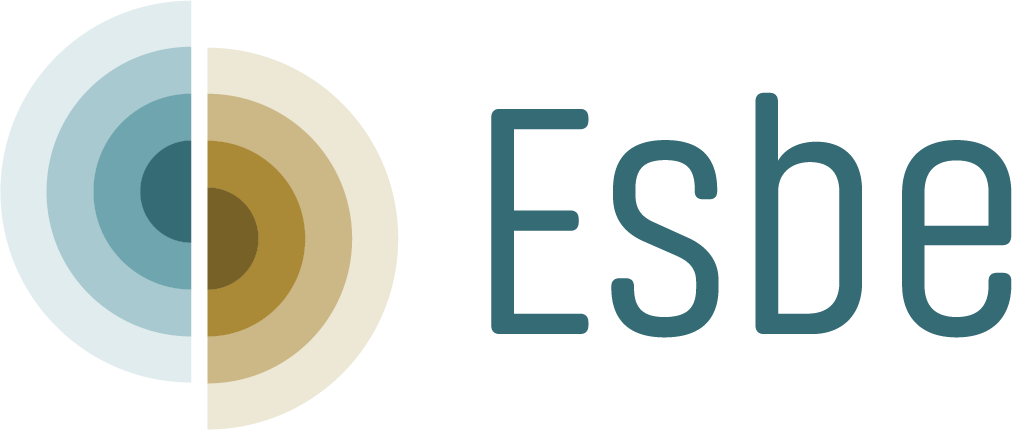
Introducing: Letters to Leaders
Having local data from your own workforce is powerful.
Before you roll out another survey, find out what's really worth measuring with a radical act of trust. Move beyond numerical engagement scores to find out what really matters to your people. Our diagnostic tool Letters to Leaders begins by inviting employees at every level of your organization to submit anonymous letters to the leader of their choice. Only our research team reads the letters to ensure confidentiality.
A letter is personal and relational.
The letters are rigorously analyzed and common themes emerge organically. You may be surprised by what the process reveals. In our experience, most employee concerns are paired with practical suggestions. The data is actionable and can be mapped directly to business outcomes and internal culture metrics.
People know what they need.
The detailed Letters to Leaders report not only enables senior leaders to make more informed decisions; it also serves as a catalyst for ongoing dialogue and collaborative growth within teams and division partnerships.
If engagement surveys were interviews
Have you ever participated in an employee engagement survey? This is our playful dramatization of what those surveys might look like if they were conducted as live interviews. While surveys may have their place, they also have their limits. Letters to Leaders connects leadership and followership in a more authentic way to produce fine-grain diagnostics and guide measurable growth and change.

2-hour Connect Course
In this interactive online course, learn how to connect with others quickly and authentically from both a leadership and a followership position. Taught by Sharna Fabiano, an internationally recognized tango artist and leadership coach, these reliable and intuitive techniques prepare you to cultivate a genuine personal link in seconds, even with strangers. Whether tuning in for a short meeting or building relationships over time, connection skills lower stress, improve communication, and help you navigate feedback with grace. Strong connection skills also reduce errors, save time, and lay the foundation for new ideas to emerge and develop.


